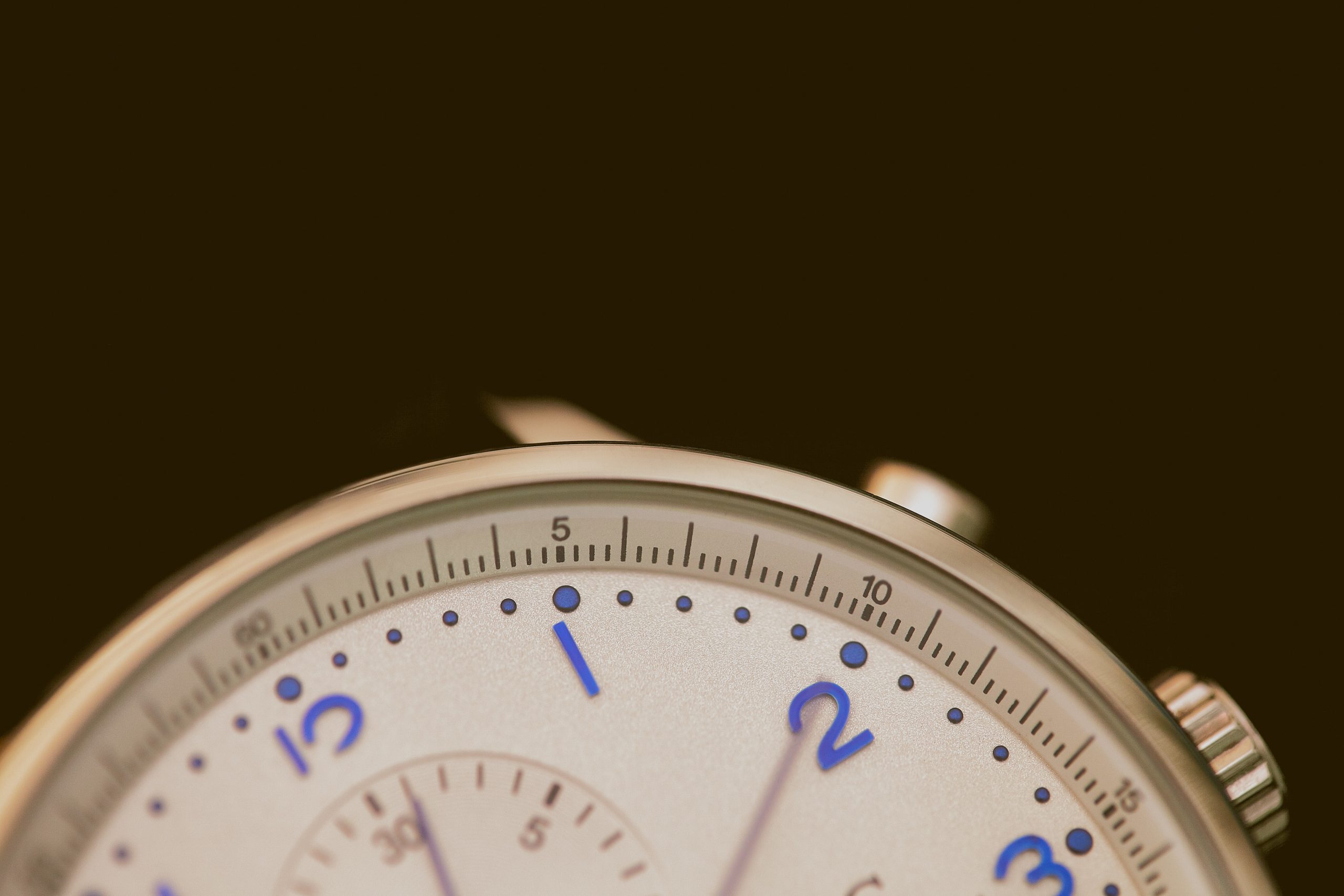One of my girlfriends has a waterproof notepad and pencil in her shower. Did you know that such a thing exists? I didn’t! It’s genius because we all know that great ideas often strike in the shower. But have you ever wondered why?
Yesterday I was pondering that question…you guessed it, in the shower. Why does my friend have so many ideas during this rote, routine event in her day that she sought out a special device to capture them? I realized that between her full-time career, busy family, home life, and side hustle, her daily shower is often the only time in her day when she has solitude. She can process her own thoughts and actually hear herself think without anyone or any screen or any audio inserting thoughts into her mind.
When was the last time you were completely alone with your thoughts? Solitude is so twentieth century. We don’t need to ever go a minute without some kind of external input. In our car, we can listen to the radio, a podcast, or a book on our phone. On a walk, we can listen to headphones or talk on the phone. In line at the grocery store or while waiting at the dentist’s office, we check email. While waiting for dinner to cook, we can catch up with friends on Facebook. This is the ultimate productivity, right? We call it progress.
But is it?
Is it Healthy for My Brain to Have Constant Inputs During All My Waking Hours?
Will my life be richer and more fulfilled because I have crammed it full of helpful information and shallow friendships? Will an empty email inbox improve my life in some way?
Cal Newport, the author of Deep Work, recently discussed this idea of solitude in a podcast. Newport pointed to the benefits of solitude for our brain health, creativity, and emotional stability. Listening to this led me to think about the potential problems that result from a lack of solitude in our tech-heavy lives.
What is Solitude?
For the purposes of the discussion, Newport defined solitude as the lack of inputs from other minds or simply being alone with our thoughts. By this definition, solitude doesn’t necessarily mean that we are physically alone. It also isn’t synonymous with lonely. I can be in a coffee shop, writing in solitude, with other people sitting around me. Walking in the woods listening to an audiobook would not be considered solitude, in this context, because I am interacting with the thoughts of another person.
Richard Swenson also gives a plug for solitude in his book, Margin:
Everyone needs personal time. Those who say they don’t need time for self are probably the ones who need it the most. We all need time to let the dust settle, to evaluate how life is going, to plan for the future. “Those who are caught up in the busy life have neither the time nor the quiet to come to understand themselves and their goals,” explains Robert Banks. “Since the opportunity for inward attention hardly ever comes, many people have not heard themselves for a long, long time. Those who are always ‘on the run’ never meet anyone anymore, not even themselves.”
While he doesn’t call this solitude, the definition still fits. It’s the inward attention and quiet interaction with our own thoughts that is important here. Without it, we don’t understand ourselves. We don’t plan for the future because we don’t understand what we want. And we cannot even begin to understand what God may want for us.
How can I hear the still small voice of God when I constantly have my headphones on? How can I know where He is leading when I only hear the cacophony of the world?
Do I Need to Visit a Monastery or Toss My Phone in the Woods to Experience More Solitude?
While these may sound tempting to us introverts, extreme measures are not necessary. There are easy ways that even the busiest of us can add some daily time to process our thoughts.
Here are some ideas for adding some solitude into our day-to-day lives:
• Adding it to our routine – by including a regular tech-free walk, time of prayer, or just quiet time sitting
• Fitting it into the morning hours before the demands of the day feel heavier
• Trying a coffee shop or library if home seems too full of imparting thoughts
• Breaking the habit of distraction-seeking by avoiding our phones – even for just a few minutes – when there is a pause in our day, such as waiting for a friend at a restaurant or in line at the store
This summer especially, solitude has seemed elusive to me. Between the barking puppy, the kids on summer break, and my own propensity to listen to podcasts or books, there has been precious little time of solitude. And it shows. It shows in my level of creativity, my discontentedness, and – most importantly – my connection with God.
In my new fall routine, I plan to get up a little earlier than the puppy (and the kids), take more walks without my phone, and to resist the urge to check email while standing in line. The standing in line part will take the most discipline, but I know it will help to break my habit of distracting myself, and I hope it will encourage more prayer or just give me time to process my own thoughts. Who knows, I might just recognize a friendly face in the next line and strike up an actual conversation.
I’m headed out for a walk now – without the headphones!
Would you like to make space for a little solitude in your day? How will you fit it into your busy schedule?







I love this. Just this morning I suddenly decided to go for a walk, even though it would throw me off my schedule a little, and I returned with a much clearer mind. Practical tip: I’ve found that when I need to be mentally alone but can’t actually be in a room by myself, (which happens fairly often in my household of nine) earplugs work really well!
Thanks for the helpful article!
I like the earplug idea!!! Thanks for the tip and thanks for reading.
This is great! The shower is my creative and prayer place too. I start every morning praying in the shower and I’ve definitely had book ideas in there too! Loving your blog!
Thanks for reading Julia!!!